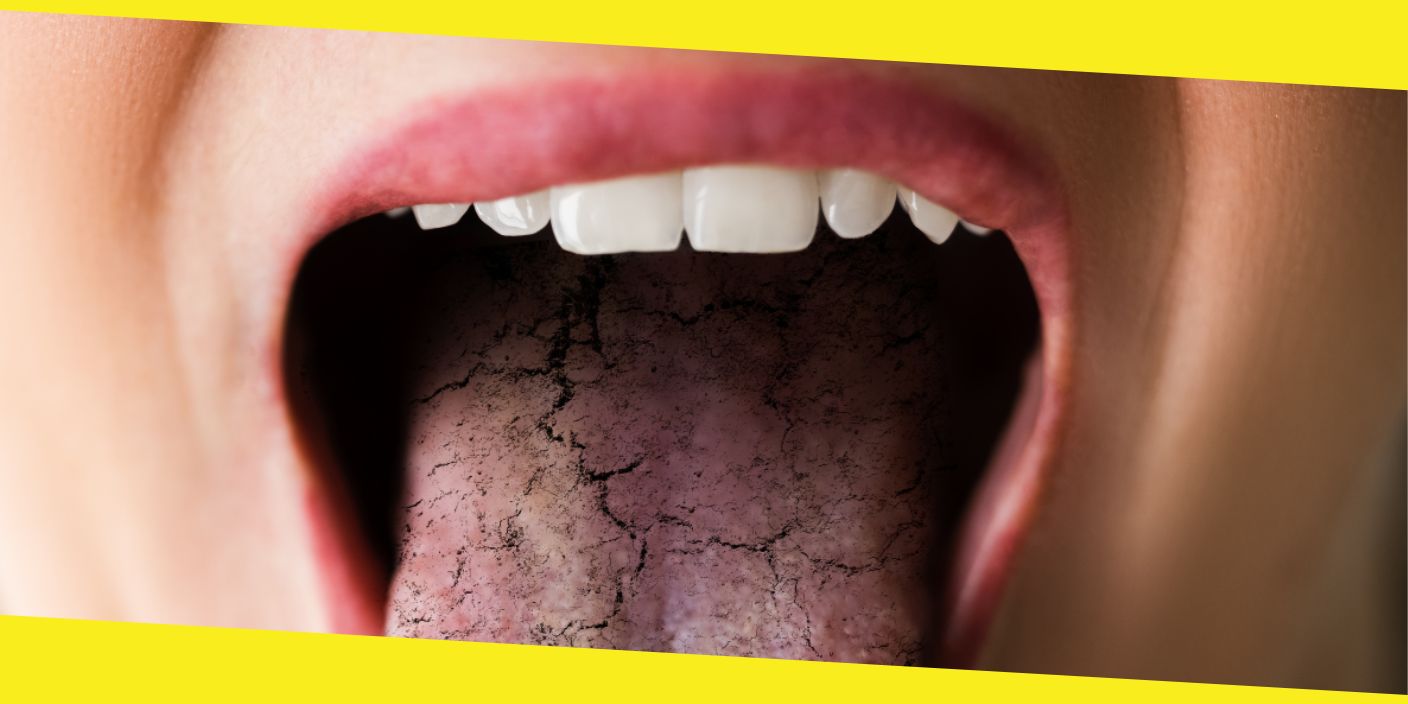Drugs, Alcohol and Your Oral Health

Drugs and alcohol are both addicting and detrimental to your health in several ways. The most prevalent health complications related to drug addiction are oral health problems. Many individuals believe that drug misuse only has an effect on the brain, stomach, and lungs. Unfortunately, it also has a negative impact on teeth and general oral health. Addicts are either too drunk or too preoccupied with finding more drugs to care for their dental health.
Researchers discovered that drug usage increased the likelihood of periodontal disease, dental rot, and missing teeth. They attribute the findings to a long history of long-term drug addiction and inconsistent oral health practices.
Contents
ToggleSubstance Abuse’s Impact on Oral Health
Is it possible for a dentist to determine whether you use drugs? They certainly can. People who deal with drug misuse and dental health issues exhibit highly striking signs and symptoms that dentists may detect right away.
As sourced from a Santa Rosa Beach recovery center, these are some of the most prevalent ways they impact oral health:
Mouth Aridity
Drugs induce tooth deterioration in addicts due to dry mouth. Their mouths lack saliva, which protects teeth from acids, cleans teeth, and flushes out dangerous germs. A dry mouth also makes eating, swallowing, and even talking difficult. It can also result in mouth sores.
Decay of the Teeth
A person suffering from substance misuse and poor dental health craves a lot of sugary foods and drinks. Most addicts have dry lips, brittle dental enamel, and poor oral hygiene; adding additional sugar to the mix will result in damaged teeth, gum disease, and tooth loss.
Teeth Bruising
Stimulants such as meth or cocaine can cause clenching or grinding of the teeth. They weaken and may even shatter teeth. It also causes excruciating jaw discomfort.
Enamel Erosion in Teeth
The majority of these compounds are acidic, which can erode enamel. Some of them also make users vomit, which increases the acid in the mouth. Because addicts have dry mouths, there isn’t enough saliva to balance out the acidity generated by the drugs, exposing enamel to acid for an extended period of time.
Self-Care Ignorance
A person who is battling with drug misuse and oral health may be too high or too low to clean their teeth, which can lead to tooth decay, gum disease, and even tooth loss. Addicts may have a more difficult time maintaining their dental health. They prefer to disregard their health problems, seeking treatment only when they are in grave illness stages.
Different Substances’ Effects
Alcohol
Wine, beer, and cider are acidic and can erode dental enamel, causing discomfort and sensitivity. Spirits with high alcohol content, such as vodka and whiskey, can dry up your mouth. Heroin
Despite the fact that heroin is injected, it is one of several substances that might cause oral issues. Heroin addicts have the same dental problems as meth users: gum disease, lost, rotting, and discolored teeth. It’s also a painkiller; users might not even feel the pain from their teeth and gums.
Cocaine
Cocaine is the world’s second-most trafficked illicit narcotic. It’s very addictive, and it only takes one to three doses for someone to get addicted to it. It has varying effects depending on how it is used. This substance can be chewed, snorted, or ingested.
Snorting it will cause tissue damage between the roof of your mouth and your nose, eventually producing a hole that will make talking and eating difficult.
Cocaine is a potent stimulant that causes your body to speed up, resulting in “coke jaw.” Cocaine users with coke jaw grind their teeth and move their mouth abnormally, which can lead to various oral health concerns.
Methamphetamine
According to one study, 96% of meth users experienced dental decay, with 58% having untreated cavities. In addition to extensive damage, their teeth are extensively discolored, earning them the label “meth mouth.”
One of the primary causes of meth mouth is the acidity of meth. It produces acid reflux and vomiting, making users seek sweets and drinks despite the fact that it suppresses appetite.
Marijuana
Marijuana is another substance that might cause oral issues. Marijuana smoking includes toxins that can cause mouth cancer. Cannabinoid hyperemesis syndrome, which induces nausea and vomiting, can occur in heavy marijuana users. Vomiting transports stomach acids to your mouth, where they can wear away tooth enamel and potentially contribute to dental damage.
How To Maintain Oral Health
Good dental hygiene is the most effective strategy to fight the negative consequences of drug addiction. Still, the greatest long-term treatment for healthy teeth is to break unhealthy behaviors and quit using drugs.
Maintain your oral health by doing the following:
- Use fluoride toothpaste to brush your teeth.
- Limit sweet foods and beverages.
- Wait an hour after a meal before cleaning your teeth.
- Clean between your teeth with interdental brushes, floss, or tape.
- Use mouthwash one hour after cleaning your teeth.
Key Takeaway
Damage to oral health may result in tooth loss, and gum disease may cause long-term impairment to the mouth. This may make eating difficult even after drug use has ceased, and it may harm a person’s self-esteem, making emotional recovery from substance misuse more challenging.
Getting detox assistance and subsequently enrolling in a rehabilitation program can help a person overcome addiction. Treatment facilities can frequently aid consumers in locating dental professionals who can manage their oral health issues.
Recommended For You
7 Common Reasons To Visit A Gastroenterologist: Bharat Pothuri, MD
Most Inside
Most Inside offers high-quality recommendations and valuable updates to enhance all aspects of your life, providing premium guidance and enriching experiences.




